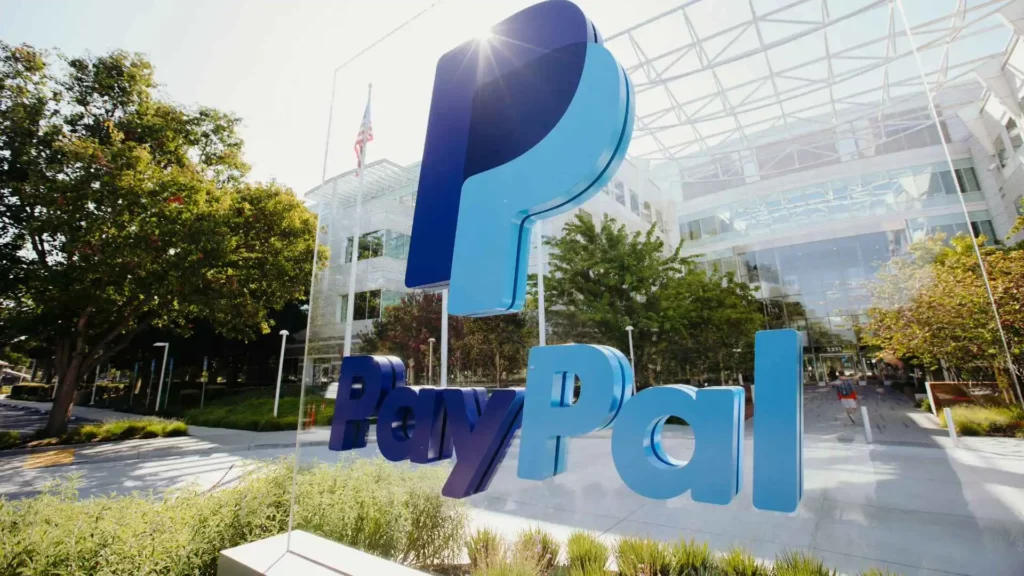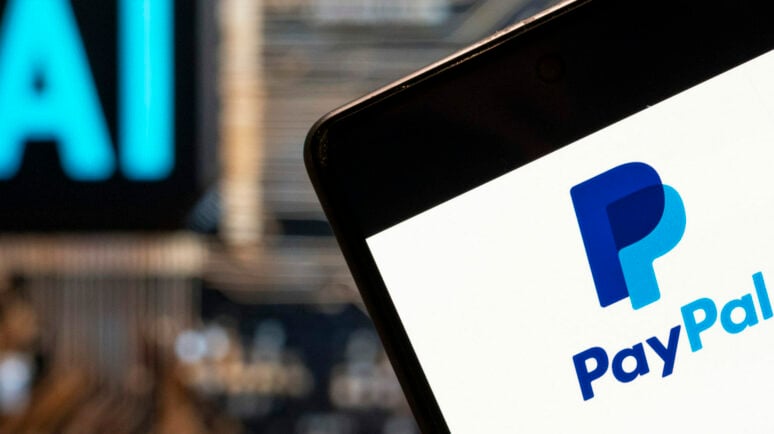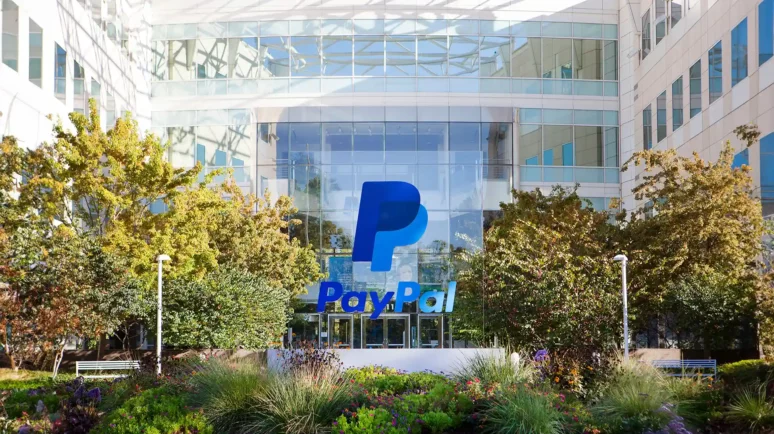PayPal Bitcoin Rewards Proposal For Green Miners, Bets On AI and Stablecoins

PayPal is diversifying its business model. Image Source: PayPal.
Key Takeaways
- PayPal’s Blockchain Research Group has proposed a technique to incentivize low-carbon Bitcoin mining.
- The company is increasingly focused on developing products and services that expand beyond its traditional strengths.
- Other recent launches include cross-border remittances powered by PYUSD and a suite of new AI features.
In the early years of its growth, PayPal revolutionized the payments industry and almost single-handedly drove the mass adoption of digital wallets. But now it’s a household name, the company isn’t resting on its laurels.
As PayPal looks to the future, the firm is experimenting with ideas such as AI-powered personalization options, cross-border stablecoin transfers, and in its latest proposal, green Bitcoin mining incentives.
How to Incentivize Low-Carbon Bitcoin Mining?
A recent paper published by PayPal’s Blockchain Research Group focuses on the challenge of carbon emissions generated by Bitcoin mining.
It is well known that Bitcoin mining consumes as much energy as a medium-sized country, producing nearly a hundred megatons of CO2 per year at the current rate.
Bitcoin miners can minimize their carbon footprint by switching to renewable energy sources. And in many cases, they have. But the average user has no way of controlling whether the transaction fees they pay go to miners using clean or dirty energy sources.
To solve this problem, PayPal researchers have proposed a solution that seeks to incentivize green Bitcoin mining by preferentially routing transactions to accredited low-carbon miners.
The basic idea is to broadcast transactions to the network with below-market-rate fees while locking the difference in a dedicated payout address for green miners.
Because transactions are broadcast with low fees, most miners won’t pick them up. But those who have been awarded special “green keys” will be eligible for a share of the locked BTC if they win the block.
To identify and onboard green miners, the paper proposes using platforms like Energy Web’s green proofs, which are used to verify miner credentials.
PYUSD Goes Cross-Border With Xoom
The launch of PayPal’s PYUSD last year was a logical step for a firm that has always focused on consumer-level digital transactions.
But because the option to buy and redeem the stablecoin in-app wasn’t rolled out universally, the company initially missed out on what could be its most beneficial use case – powering peer-to-peer international transactions.
Earlier this month, however, PayPal integrated PYUSD into its remittance service, Xoom.
The option is currently only available to US-based users and PYUSD doesn’t actually move across borders. It has simply been added as a funding option for Xoom transfers, which still rely on the same international payment infrastructure as before.
If PYUSD is just another stablecoin moving between Ethereum wallets, it’s hard to see what the point is. But if the latest announcement is the first step toward a more expansive cross-border rollout, the stablecoin could become an important component of the $670 billion global remittance market.
PayPal New AI Features
If PYUSD and Xoom point to PayPal’s ambitions in the remittance space, a suite of new AI-powered features unveiled earlier this year are focused squarely on its consumer offering.
The first, “smart receipts,” offers a twist on the emerging trend for AI-generated product recommendations
“When you shop with PayPal, we’ll send a receipt that allows you not only to track your purchase but also harnesses AI to predict what you may want from that merchant next,” explained PayPal President and CEO Alex Chriss.
Another AI product the company plans to roll out later this year is the “PayPal Advanced Offers Platform.”
Representing PayPal’s rising prevalence as an AdTech player, the new platform will leverage the company’s wealth of transaction data to help advertisers reach a more relevant audience.
At the other end, participating users will receive personalized offers based on their purchase history.
The new features are part of the wider story of PayPal’s recent pivot toward AI, which has seen the company’s venture capital arm, PayPal Ventures, invest tens of millions of dollars in AI startups. They also point to an increasingly diverse business model as the firm explores new revenue opportunities.
Diversifying PayPal’s Business Model
At heart, PayPal is still a payments company. And none of the developments discussed here suggest it has any plans to change that.
But the company is also staking out a claim in the realm of “payments plus,” developing new products and services that leverage its existing strengths to add value for its various customers.


